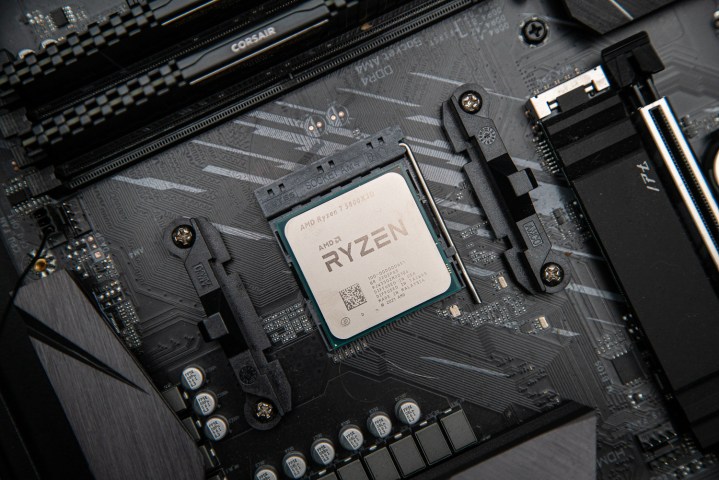Steam’s monthly hardware survey is out, and it shows a rising tide for Windows 11. Nearly 20% of users have now upgraded to the new operating system, despite the fact that PCs overall are still hanging onto older Windows versions.
The survey shows that 19.66% of users are now running Windows 11, a 2.22% increase from last month. That may seem like a small change, but the Windows 11 user base on Steam has nearly doubled since the start of the year. In December, only 10.55% of users had upgraded to the new OS.

The majority of those users didn’t come from Windows 10, it seems. Between March and April, Windows 10 only dropped 0.97%, while Windows 7 dropped a surprising 1.25%. That comes after the older OS gained some momentum at the beginning of the year, climbing up to 4.29% in March.
Linux also saw a boost this month, now representing 1.14% of all users on Steam. That’s not a huge share, but it’s the highest percentage the open-source OS has ever enjoyed. It doesn’t come as too much of a surprise, though, as Valve’s Proton software for Linux has seen a boon in support following the release of the Steam Deck.
Outside of the OS battle, the hardware survey revealed a regression back to quad-core CPUs on desktop. Last month, six-core processors overtook quad-cores for the first time ever. It seems most users upgraded to one of the best gaming processors instead of downgrading, though. Six-core CPUs lost 1.16% of the share, but quad-cores only gained 0.21%.

The launch of the AMD Ryzen 7 5800X3D may have played a role in the change, as eight-core CPUs saw a 0.2% increase this month. On top of that, AMD stole back 0.9% of the market share from Intel, which itself saw a massive boost in representation following the launch of 12th-gen Alder Lake processors.
In graphics cards, multiple AMD RX 6000 cards finally showed up on the charts. The RX 6900 XT, RX 6600 XT, and RX 6600 finally have some data, even if they only share 0.6% of the entire survey. These cards haven’t shown up in the survey at all prior to this point, signaling gamers’ preference for Nvidia this generation.
The addition of AMD’s RDNA 2-based GPUs wasn’t enough to dethrone the Nvidia GTX 1060 as the most popular GPU on Steam. It has maintained the leading position for years now, despite losing some popularity (1.03%) this month. As for what will replace it, the GTX 1650 is gaining some steam, rising by 0.4% in total GPU share.
Steam releases its hardware survey for the previous month on the first Monday of the new month. Instead of blindly gathering data, Valve randomly asks a large sample of users to participate, which you can opt into if you’re asked.




